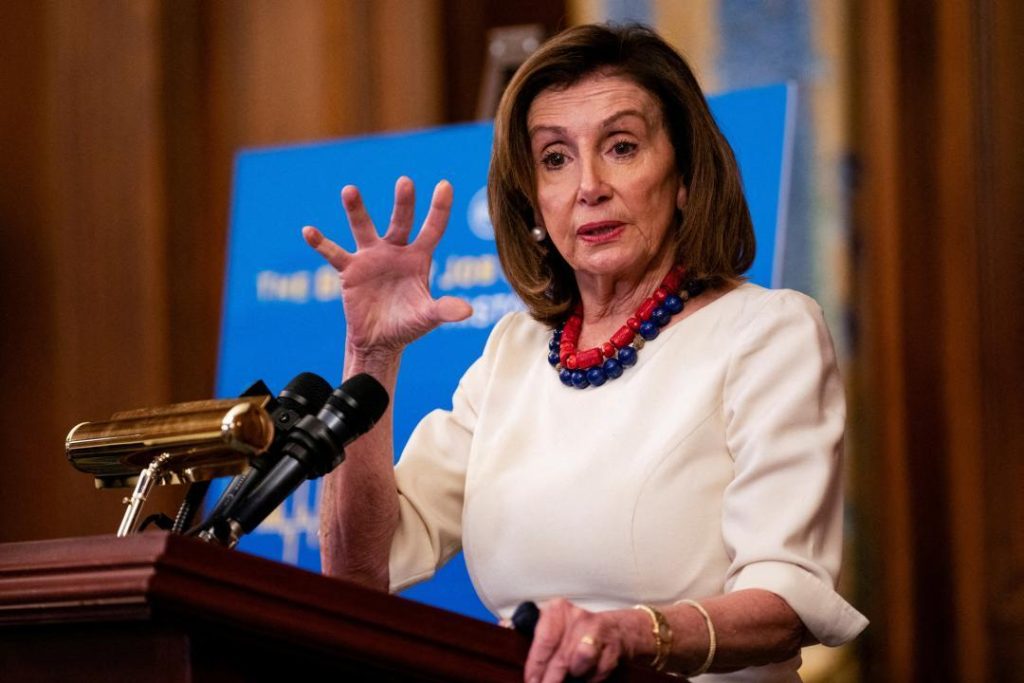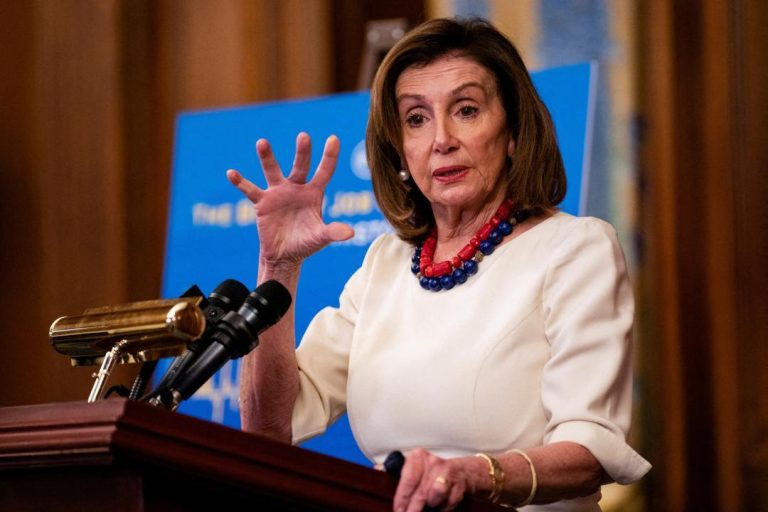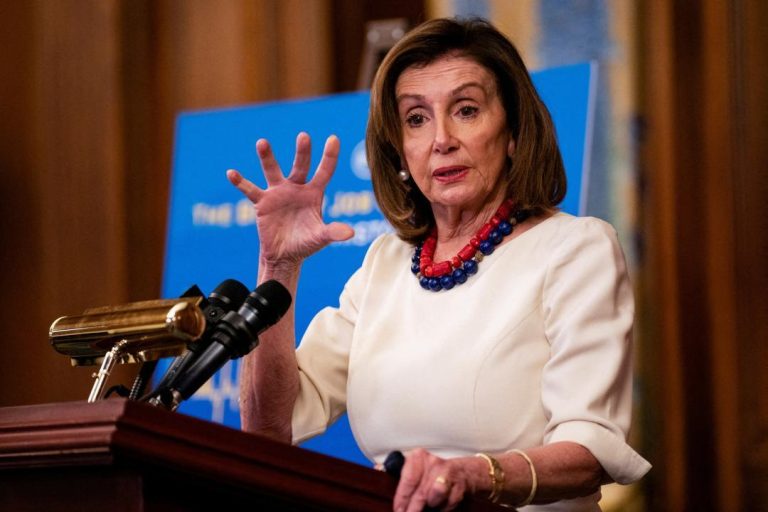
What is PELOSI Act & why is it named after former US Speaker Nancy Pelosi?
The Prevention of Elected Leaders from Owning Securities and Investments (PELOSI) Act, reintroduced by US Senator Josh Hawley, has sparked controversy in the US political arena. The bill aims to prohibit lawmakers and their spouses from holding or dealing in stocks while holding office. But what’s behind this move, and why is it named after former US Speaker Nancy Pelosi? In this blog post, we’ll delve into the details of the PELOSI Act and its significance.
What does the PELOSI Act propose?
The PELOSI Act proposes a straightforward solution to a long-standing issue in American politics: the potential conflicts of interest that arise when lawmakers and their spouses hold stocks. The bill would prohibit elected officials and their spouses from buying, selling, or holding stocks, bonds, commodities, or other securities while serving in office. This would eliminate the possibility of lawmakers making investment decisions based on non-public information they may have access to due to their position.
However, the act would not completely ban lawmakers from investing in financial products. They would be allowed to invest in mutual funds (MFs), exchange-traded funds (ETFs), and Treasury bonds. These investments are less likely to create conflicts of interest, as they are widely available and not tied to specific companies or industries.
Why is the PELOSI Act named after Nancy Pelosi?
The PELOSI Act is named after former US Speaker Nancy Pelosi, who has been criticized for her significant stock market gains during her tenure as Speaker. According to reports, Pelosi’s husband, Paul Pelosi, made millions of dollars in stock transactions during her time in office, including a $5 million profit from a single sale of stock in a healthcare company.
The criticism surrounding Pelosi’s stock market dealings stems from the fact that lawmakers have access to non-public information that could potentially influence their investment decisions. Pelosi has denied any wrongdoing, stating that she and her husband follow all relevant laws and regulations regarding stock transactions.
Senator Josh Hawley, who reintroduced the PELOSI Act, has argued that the bill is necessary to restore public trust in the government. “The PELOSI Act is a common-sense proposal that would help prevent conflicts of interest and ensure that our elected officials are focused on serving the American people, not their own financial interests,” Hawley said in a statement.
Why is the PELOSI Act necessary?
The PELOSI Act is necessary to address the inherent conflicts of interest that arise when lawmakers and their spouses hold stocks. As elected officials, they have access to non-public information that could potentially influence their investment decisions. This can lead to a situation where lawmakers are making decisions that benefit their personal financial interests rather than the public interest.
Moreover, the PELOSI Act would help to prevent the appearance of impropriety, which can be just as damaging to public trust as actual wrongdoing. By prohibiting lawmakers and their spouses from holding or dealing in stocks, the act would eliminate any perceived conflicts of interest and ensure that lawmakers are focused on serving the public interest.
Conclusion
The PELOSI Act is a crucial step towards restoring public trust in the government. By prohibiting lawmakers and their spouses from holding or dealing in stocks, the act would eliminate the potential conflicts of interest that arise from these investments. While the act is named after Nancy Pelosi, its significance extends far beyond her personal situation. The PELOSI Act is a reminder that lawmakers must always prioritize the public interest over their own financial interests.
Source:






